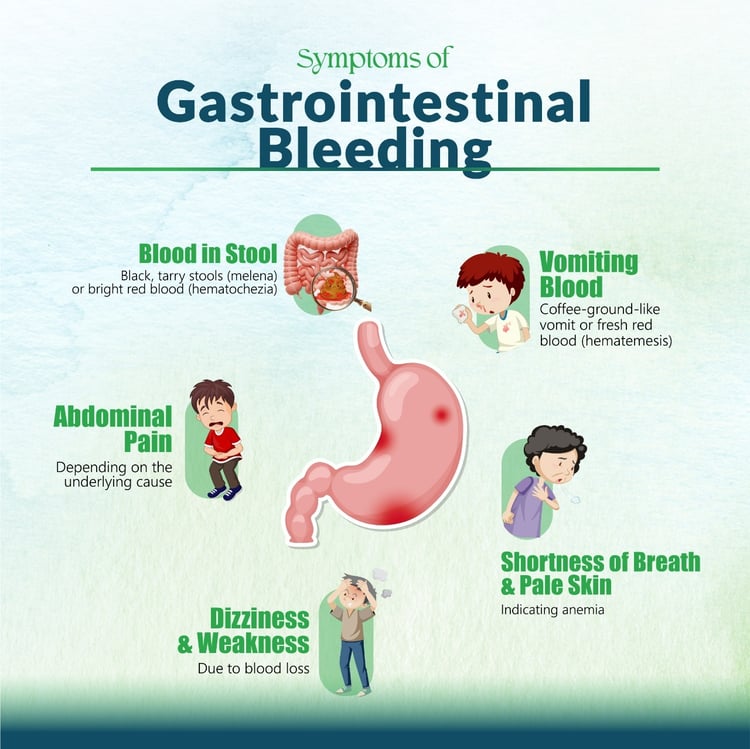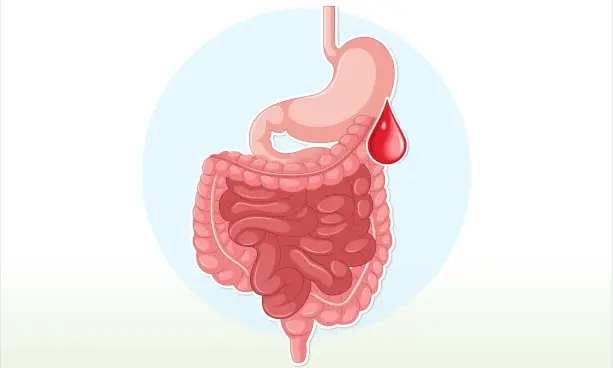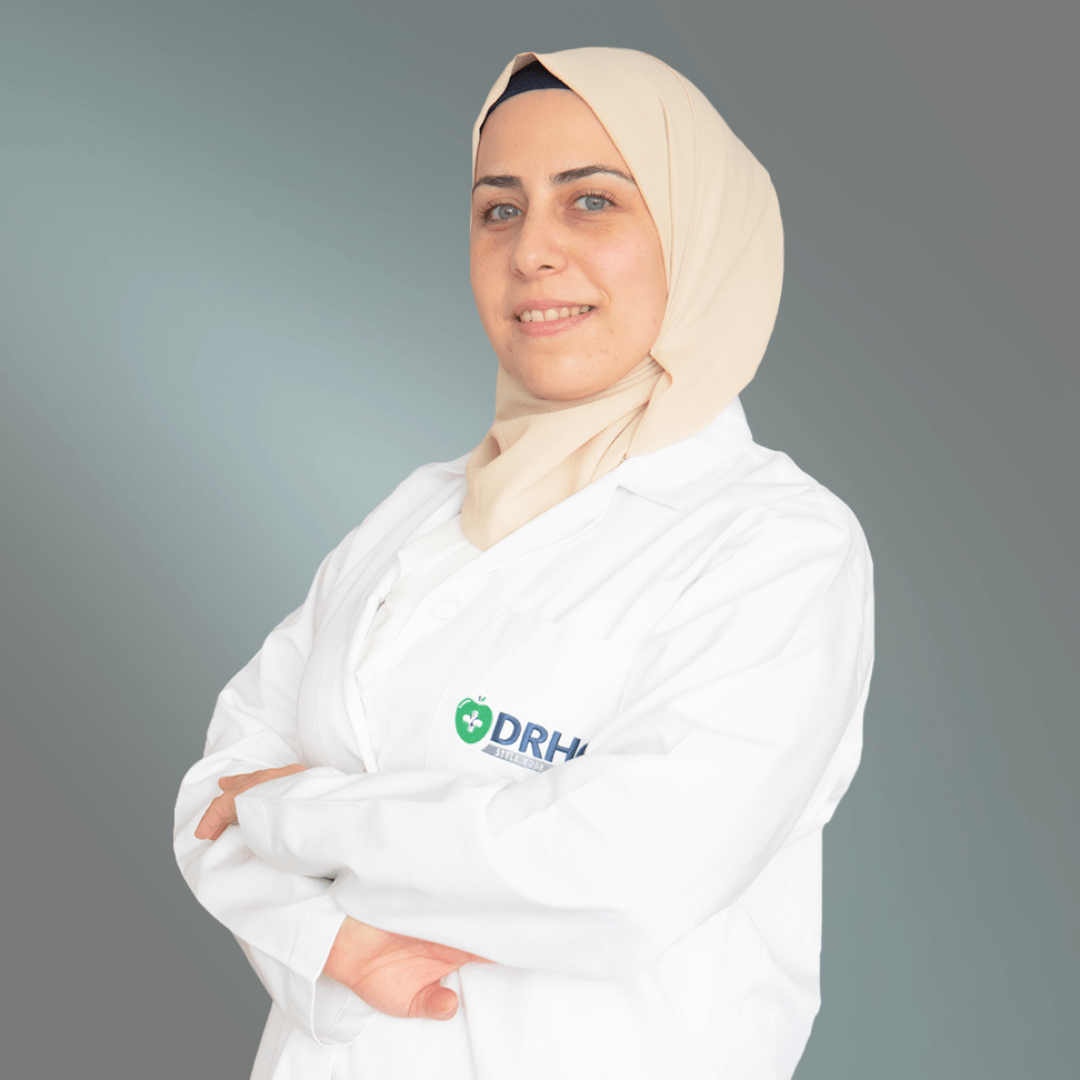Gastrointestinal Bleeding at DRHC Dubai Gastroenterology Clinic
What is Gastrointestinal (GI) Bleeding?
Gastrointestinal bleeding (GI bleeding) occurs in any part of the digestive tract, from the esophagus to the rectum. It can be a sign of an underlying condition and may range from mild to life-threatening.
Causes of Gastrointestinal Bleeding
GI bleeding can be classified into upper GI bleeding (from the esophagus, stomach, or duodenum) and lower GI bleeding (from the small intestine, colon, or rectum). Common causes include:
Upper GI Bleeding Causes:
- Peptic Ulcers: Sores in the stomach or duodenum caused by H. pylori infection or NSAID use.
- Esophageal Varices: Swollen veins in the esophagus due to liver disease.
- Gastritis: Inflammation of the stomach lining due to infection, alcohol, or medications.
- Mallory-Weiss Tears: Tears in the esophagus due to severe vomiting or coughing.
- Esophagitis: Inflammation of the esophagus caused by acid reflux.
Lower GI Bleeding Causes:
Symptoms of Gastrointestinal Bleeding
The symptoms of GI bleeding depend on its location and severity. Common signs include:
- Blood in Stool: Black, tarry stools (melena) or bright red blood (hematochezia).
- Vomiting Blood: Coffee-ground-like vomit or fresh red blood (hematemesis).
- Abdominal Pain: Depending on the underlying cause.
- Dizziness & Weakness: Due to blood loss.
- Shortness of Breath & Pale Skin: Indicating anemia.

Diagnosis of Gastrointestinal Bleeding
At DRHC Dubai, we use advanced diagnostic tools to identify the cause of GI bleeding:
Treatment of Gastrointestinal Bleeding
Treatment depends on the severity and cause of the bleeding. Our specialists at DRHC Dubai offer:
Non-Surgical Treatments:
- Endoscopic Therapy:
- Injection Therapy: Epinephrine injection to stop bleeding.
- Thermal Coagulation: Cauterizing blood vessels to prevent further bleeding.
- Hemoclips & Band Ligation: Used for ulcers and esophageal varices.
- Medications:
- Proton pump inhibitors (PPIs) to reduce stomach acid.
- Antibiotics for H. pylori infections.
- Vasopressin to control bleeding from varices.
Surgical & Interventional Treatments:
- Angiographic Embolization: Blocking bleeding vessels using catheter-based techniques.
- Bowel Resection: Removing diseased segments of the intestine if necessary.
- Liver Cirrhosis Management: If varices are the cause, treatment for liver disease may be required.
Why Choose DRHC Dubai for GI Bleeding Treatment?
At DRHC Dubai, our expert gastroenterologists use state-of-the-art diagnostic and therapeutic techniques to effectively manage gastrointestinal bleeding. We provide personalized treatment plans tailored to each patient’s needs, ensuring optimal care and recovery.
.png?width=281&height=59&name=bookanappointment%20(1).png)
Dubai Gastroenterology Clinic - Dr. Rami Hamed Center now provides the leading gastroenterologist in Dubai for Gastric balloons, Colonoscopy, Colon Cancer Screening, and so on. DRHC offers highly qualified liver specialist doctors in Dubai. Call +97142798200 to Book your Appointment Today at DRHC Dubai.





.png?width=281&height=59&name=bookanappointment%20(1).png)




